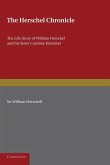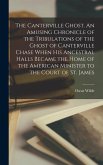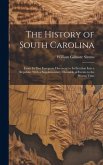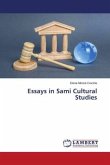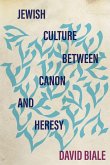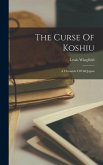Every general account of the development of Chinese thought makes mention of Tung Chung-shu (ca. 195 - 105 B.C.E.) as one of the pivotal philosophers of the Han (206 B.C.E. - 220 C.E.). Tung's interpretations helped establish the first state-sponsored Confucian Canon, and created an ideal of the ruler and his role in government that was central to political discussion for two thousand years. The lengthy work attributed to him, the Luxuriant Gems of the Spring and Autumn (Ch'un-ch'iu fan-lu), has long been viewed as an important text for understanding the development of Chinese Confucianism. Professor Queen provides a new reading of this text and concludes that it was compiled several centuries after Tung's death, sometime between the third and sixth centuries C.E., from Tung's authentic writings and other materials not authored by him. By historizing the Luxuriant Gems of the Spring and Autumn, Queen allows a new view of Tung Chung-shu, one that sees his hermeneutics evolving not outside of history, but in relation to the political factors and doctrinal discourses that defined his day. Queen challenges the common assumption that Tung's purpose was to legitimate the political status quo. The author argues that Tung was a reformist, intent on persuading the emperor, whose power was institutionally unlimited, to accept voluntarily the role of sage-priest and become the ritual center of the realm, separated by his self-discipline from the business of governance for which his officials were responsible. From chronicle to canon also addresses Chinese religious phenomena. Approaching "scripture" not as a literary genre but as a religiohistorical phenomenon, Queen illuminates the nature ofConfucian spirituality both in its own right and in relation to Western traditions of religiosity and textuality.
Hinweis: Dieser Artikel kann nur an eine deutsche Lieferadresse ausgeliefert werden.
Hinweis: Dieser Artikel kann nur an eine deutsche Lieferadresse ausgeliefert werden.

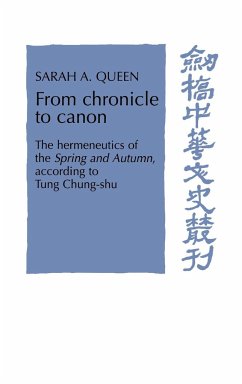

![The Thayer Family of Brockworth: According to the Researches of Rev. Canon William Bazcley [!] The Thayer Family of Brockworth: According to the Researches of Rev. Canon William Bazcley [!]](https://bilder.buecher.de/produkte/67/67115/67115044m.jpg)
